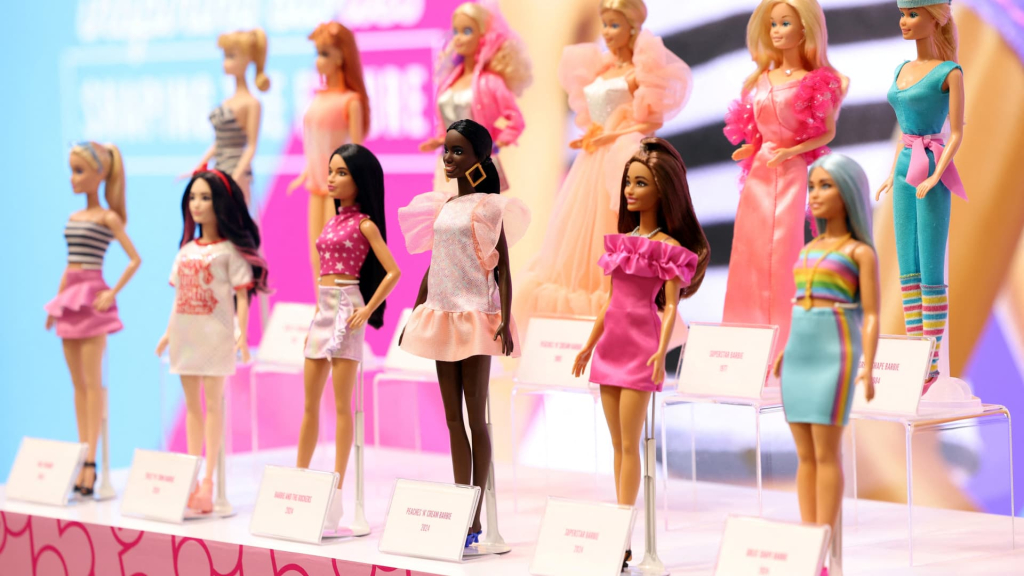President Donald Trump’s tariffs on Chinese goods, set at 145%, aim to reinvigorate American manufacturing. However, the reality for the toy industry may not align with these goals.
“We don’t see that happening,” said Ynon Kreiz, CEO of Mattel, during a recent appearance on Finance Newso’s “Squawk Box.” This statement came shortly after the toy giant announced a withdrawal from its annual financial targets.
Kreiz emphasized that while manufacturing is moving outside the U.S. for cost reasons, much of the toy creation process—including design, development, engineering, and brand management—is anchored in the United States. “Producing products in other countries allows us to maintain quality while keeping price points affordable,” he explained.
Over the past ten years, Mattel has actively diversified its manufacturing locations to diminish its reliance on China. By year’s end, the company anticipates that less than 40% of its products will originate from China. Kreiz also indicated that no single nation is expected to account for more than 25% of Mattel’s sourcing within the next two years.
In response to the financial challenges posed by the trade conflict, Mattel is implementing measures to counterbalance rising costs, including hikes in U.S. pricing while striving to keep many toy prices low.
According to Roth analyst Eric Handler, Mattel plans to keep between 40% and 50% of its products priced under $20.
“This is something we are committed to do,” Kreiz reiterated, emphasizing the importance of balancing quality and affordability for consumers.
Since the introduction of the tariffs in early April, Mattel’s stock has seen a decline of approximately 19%.


























